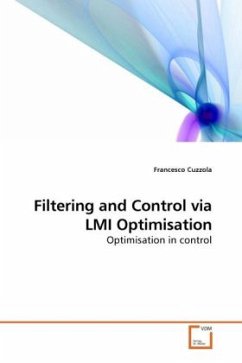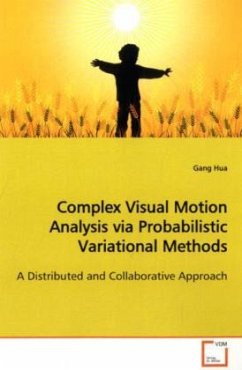Several well-known problems of system and control theory can be reformulated as convex optimisation problems. This possibility appears advantageous when an analytical solution is not available. Indeed, the algorithms as the Interior Point Methods, which have asymptotic polynomial complexity, can be applied. Despite the fact that these techniques have been assuming a great relevance in the field of filtering and control of dynamic systems, many problems are still open: for this reason this particular research subject is very active in our days. These techniques are known with the acronym LMI (Linear Matrix Inequality). LMI theory originates in Lyapunov s work of the fourties; it has been rediscovered in the sixties by a number of outstanding contributors, such as Kalman, Yakubovich, Popov and J. W. Willems. The importance of LMI can be appreciated recalling the possibility of tackling in a very simple and computationally advantageous way multi-objective problems.
Bitte wählen Sie Ihr Anliegen aus.
Rechnungen
Retourenschein anfordern
Bestellstatus
Storno








